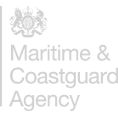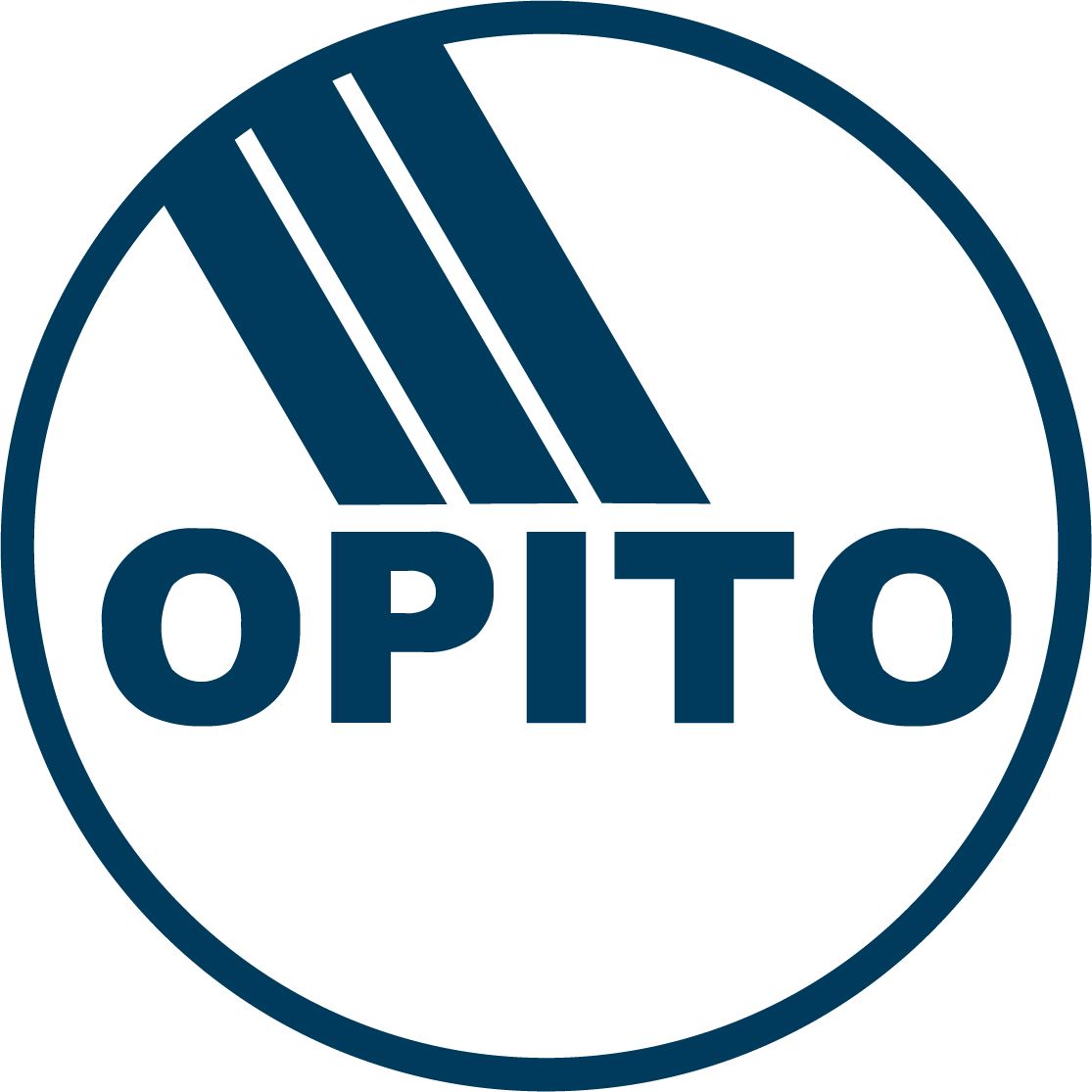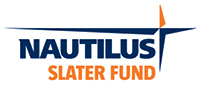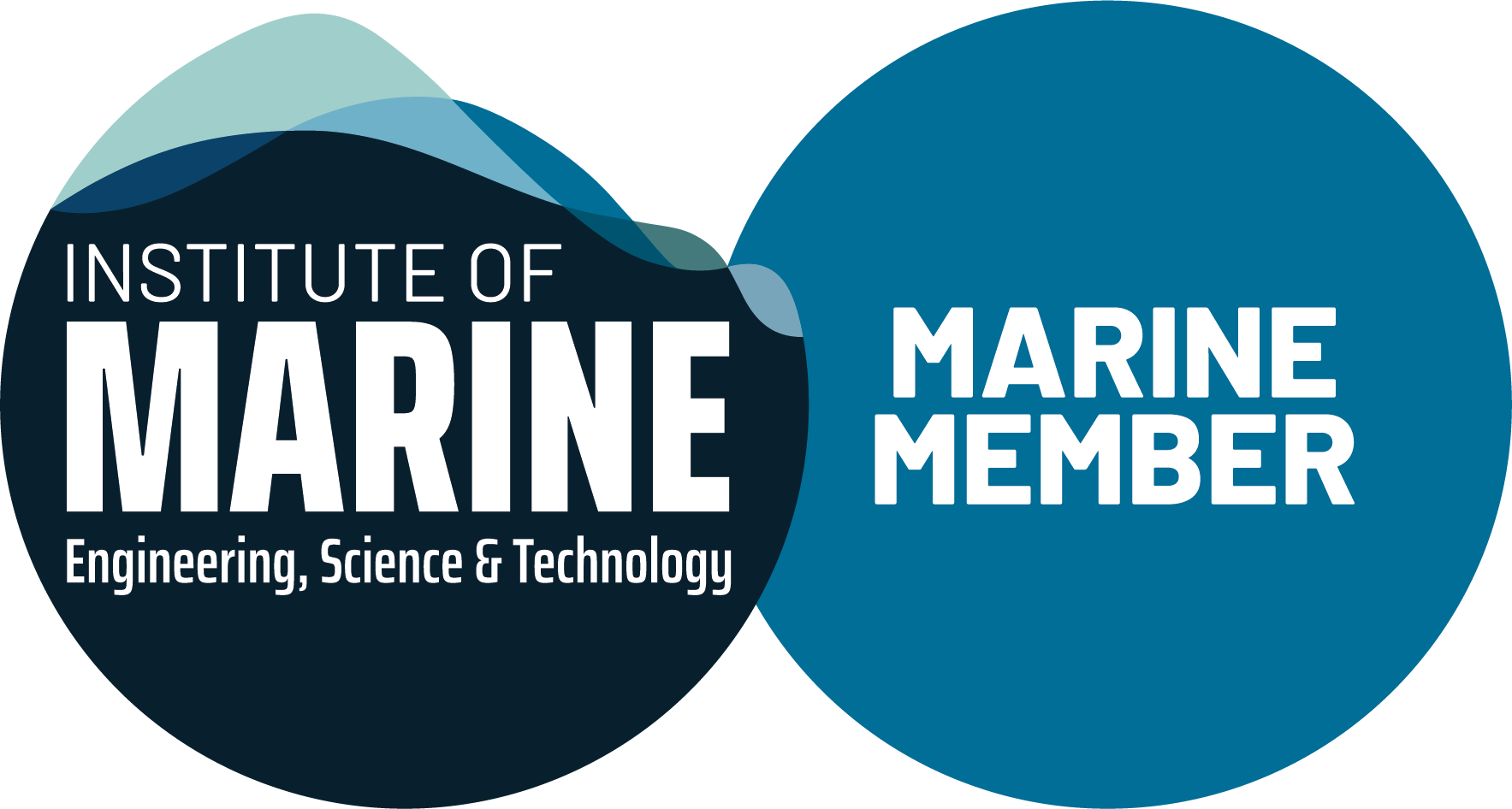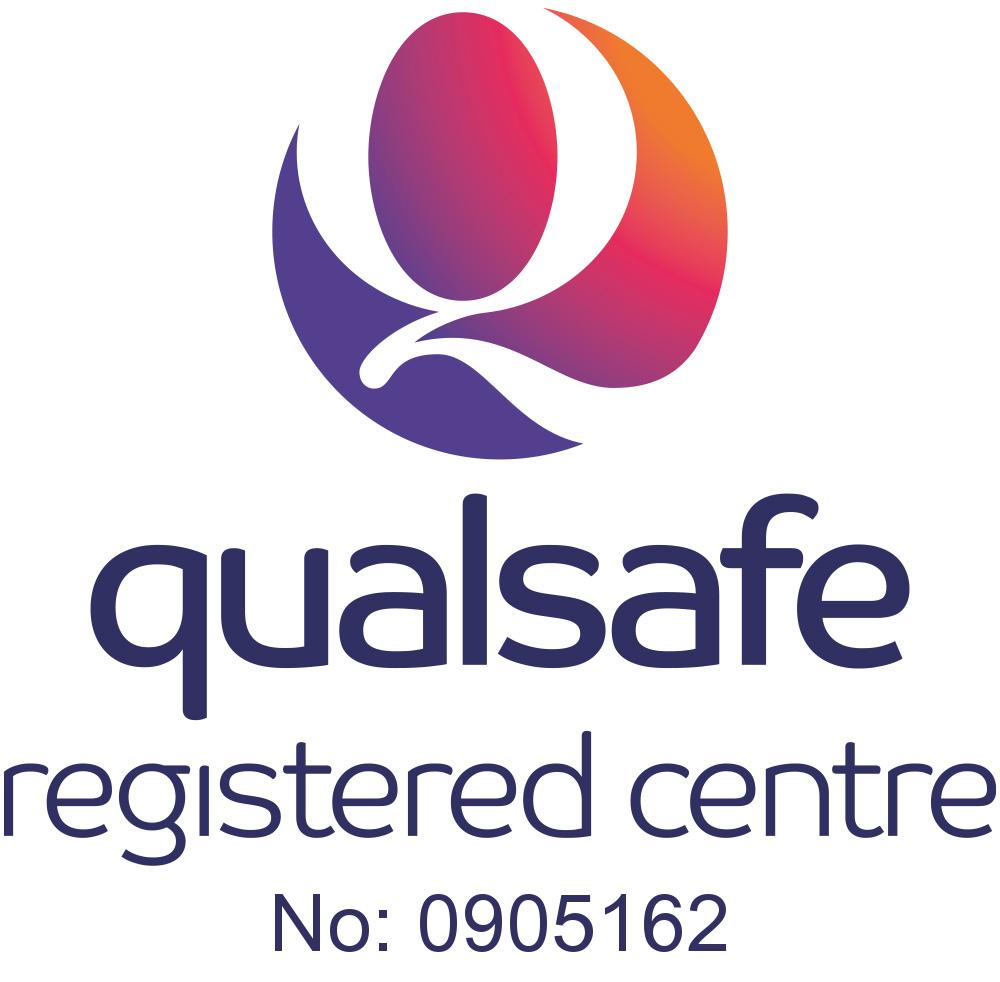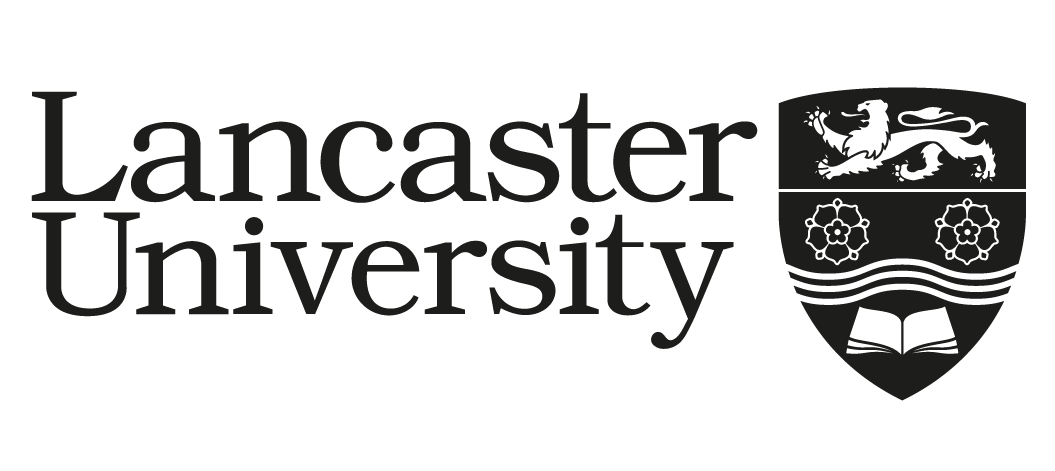Marine Engineering - BEng Hons Degree
Course Code: MH1HE95
Maritime & Nautical
Next course dates
Course Overview
Who is this programme for?
This programme forms part of a Merchant Navy cadetship so to undertake this programme, you will need to apply to a shipping or training company and obtain sponsorship. The companies cover the cost of your programme and related training courses, your uniform and pays you an allowance (how much varies slightly by company).
You can find out more about how to apply to a company on the Careers at Sea website, where you can also find a list of sponsoring companies.
About this programme
The BEng Hons Degree Marine Engineering is part of a suite of degree programmes for the maritime industry that will provide you with the knowledge, skills and behaviours needed for a career in commercial shipping.
Approved by the Maritime and Coastguard Agency (MCA) and the Merchant Navy Training Board (MNTB), this three-year programme combines academic education with vocational training and 8 months’ industrial placement on board ships, leading to the award of Engineer Officer of the Watch (OOW) Certificate of Competency (CoC).
This programme is aligned to support your progression through knowledge acquisition at Operational level and onto Managerial level, as directed by the Standard of Training, Certification and Watch keeping (STCW) 1978, as amended 2012. This is achieved by meeting the requirements of the Maritime and Coastguard Agencies (MCA) and approved by the Merchant Navy Training Board (MNTB).
In addition to this programme providing a full, accelerated honours degree, most students will also undertake a cadet training programme that runs alongside the academic award. You will cover topics such as STCW basic training and workshop training skills, alongside courses in first aid, firefighting, high voltage scenarios and rescue boat experiences.
More detailed information on the programme can be found in the Programme Specification.
A note on study intensity
It is important to understand that this is an intensive programme of study. You will be required to study modules at a rapid pace throughout your college phases. This means you can expect full working days at college for much of your time and individual studies on top of that in your own time. The payback for this is that you get a full honours degree in three years in addition to all the prerequisites to apply for your MCA CoC examinations, whilst getting paid (if sponsored).
If you wish to discuss the expectations for the programme, please email maritime@blackpool.ac.uk to book a call when a member of the programme team will be happy to discuss this with you.
Entry Requirements
You will need to meet the following criteria to apply for a place on this programme:
- 60 UCAS points at A/AS level, including subjects which support the application
- GCSE Mathematics (level 5 or above), Science and English Language (level 4 or above), or equivalent letter grades
Alternate entry qualifications
If you hold other qualifications that are equivalent to the above, the programme team will review evidence supplied by applicants regarding their ability to undertake the programme.
The award of credits via Recognition of Prior Learning (RPL) will be assessed on an individual basis.
We will also consider your application if you have a Level 3 Diploma in Shipping and Maritime Operations with a letter of recommendation, usually from your sponsor or Level 3 programme leader, on your aptitude for studying at degree level.
In all cases of alternate qualifications, please email us at maritime@blackpool.ac.uk with details of the qualifications you hold and our programme team will review and come back to you.
English Language requirements
If English is not your first language, an IELTS score of 5.5 or equivalent is required. This must have been achieved within the two years prior to applying for the programme. You can find out more here.
Medical requirements
You will need to pass an industry-standard medical examination (ENG1) in order to complete a placement at sea; it is strongly advised that you complete this prior to enrolment on the programme.
Qualification Obtained
BEng Marine Engineering
Assessment Methods
A detailed breakdown of the modules and assessment for this programme can be found from page 6 of the Programme Specification.
Teaching and Learning Methods
The programme is delivered through a wide range of teaching methodologies to suit every type of student. You will attend seminars, lectures and simulation exercises in order to gain a deeper understanding of the module content. You will be provided with the opportunity to work in groups to critically analyse and solve problems and apply knowledge and understanding to a range of tutor and student-defined contexts.
You will have the opportunity to work both independently and with peers in a supervised manner. If you have subject specific issues or would like a focused learning environment to work, clinics are available each evening from Monday to Thursday.
Typically, there are at least two staff members available each evening providing support for a range of subjects and levels. This is used to provide support or want to further develop skills and knowledge. This is in addition to the Partners for Success framework where subject lecturers and personal tutors can identify support mechanisms for entire groups or yourself as an individual to support and ensure that you are provided with the best possible opportunities to engage fully with your learning experience and the full life of the college.
You will be able to access a wide range of additional enhancements during your studies to support you in your learning and ultimately with your employment prospects. The College works to provide a supportive ethos and an enabling culture which builds individuals, communities and economic prosperity.
Industry Placement and Field Trips
This is a 5 phase programme and you will be required to obtain a total of 8 months sea time during phase 2 and 4. Your sponsoring training provider or shipping company will facilitate this. Your time at sea is an opportunity for you to take your underpinning knowledge of marine engineering and apply it in a shipboard context.
Onboard ship you can expect to be involved with assisting the day-to-day running of the engine room. This could include the overhaul of electrical and electronic equipment on ships, operating engineering plant and machinery, and the attendance at daily engineering team meetings.
During Phase 1, all students will attend a short cadet development course, which aims to build their team-working, communication and leadership skills, as well as improve their situational awareness and decision-making capabilities.
Other Costs and Equipment Needed
B&FC provide access to key reading materials and other resources as a part of the programme costs. You are expected to provide stationery as well as a scientific calculator.
You are strongly advised to have a laptop or equivalent device that you can bring to college as part of your studies as many classes will incorporate technology throughout the learning process. There are limited quantities of laptops available for short-term loan from the LRC if you are not in position to bring your own device to college.
Incorporated within the programme are a number of short courses. Uniform and general personal protective equipment, such as safety shoes and boiler suits are required for some of the associated short courses. Sponsors also typically fund all associated short courses that form part of your eligibility for your Certificate of Competency.
If you require MCA Final attempts, these bear a fee that might or might not be borne by your sponsor.
Expert Tutors
All staff involved in the delivery of any courses within the College are approved to teach and/or assess the subjects and modules they deliver. The approval process ensures that staff delivering and/or assessing a given programme are appropriately qualified, with relevant technical and industrial experience and professional practice.
Tuition Fees
Read our tuition fees guide.
Regulation and Accreditation
Accrediting Institution: N/A
Terms and Conditions
Read our full terms and conditions for more information.



